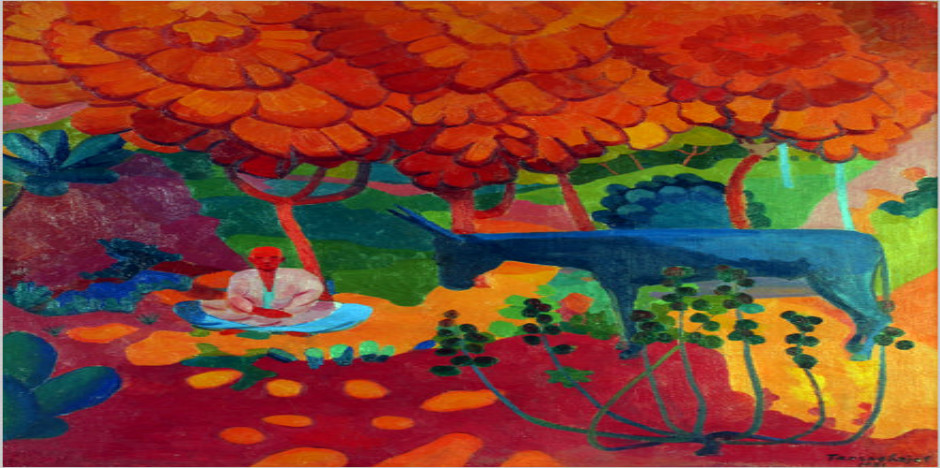Notes from the Field
Date: January 26, 2010
Reporting From: Panama City, Panama
Simon`s been on the ground in Panama for a week, and thus far, the majority of his time has been spent investigating the sustainable community concept that he wrote me about several weeks ago.
To refresh your memory, the idea is to develop a small, cost-effective, subscribers-only expatriate community in Panama that focuses on sustainability over luxury. Frankly, other developers laugh when I discuss the concept and think I’m crazy for planning on crop fields instead of a golf course… as if breaking from the norm is somehow akin to predicting the apocalypse.
To be clear, I am not preparing for some “2012”, end-of-the-earth scenario. I do believe, however, that it makes good sense to invest in property with agricultural yield that can double as an escape hatch if the world experiences deep, short-term economic calamity.
Overall, I think Panama makes sense as a location for this community for several reasons:
1) Residency is very easy to obtain here, and an investment in this sort of development would likely qualify.
2) “Freedom” is not a lost concept in Panama; most people are left alone to live their life free of interference from the government. As discussed last week, firearm ownership is not a problem.
3) The weather is warm and predictable, and there are few natural disasters to speak of.
4) It is close to North America with multiple airline routes (including 2 to Europe) for easy accessibility.
The initial concept that I am considering is a community with a small residential section, roughly 50-70 home sites of about 1,000 square meters (1/4 acre) each. The preponderance of the property would be set aside for crop production, vegetable patches, fruit trees, and livestock cultivation.
I also believe that water self-sufficiency is of critical importance; a sustainable community needs to be able to feed itself and provide its own water without relying on the local utility. As such, the land should have plentiful, clean groundwater supplies.
Naturally, a self-sufficient community should also have at least a back-up source of electricity that does not rely on the local utility. It may be feasible for the power company to provide a primary source of power, but in the event that the grid becomes too expensive, overburdened, rationed, or controlled by the government, the community will have its own source of power to rely on.
Location, as always, is crucial. I envision the community being near enough to Panama City that its residents have access to commerce, entertainment, and transportation infrastructure… but far enough way that the community is peaceful and secluded.
Security is also an issue to consider for a self-sufficient community. In my opinion, this goes far beyond a remote controlled entrance gate, though I’m honestly still thinking through what this might look like, so there will definitely be more to follow.
Remember, the central idea of the community is to bring together like-minded people who want to maximize their freedom and minimize reliance on the grid for staples like food, water, power, and security.
Thanks Simon Black

